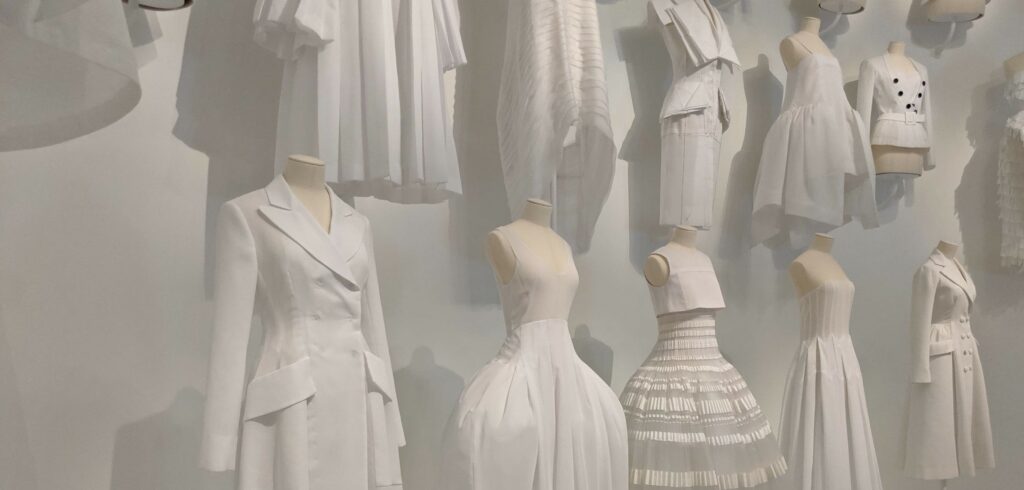
Fashion has always been a fantastic playground for innovation. The acceleration of fashion tech today, responds to brands’ needs to upgrade their supply chain, rethink their digital channels and relationship with customers, while boosting their sales.
Once the preserve of luxury brands, disruptive innovation is now expanding into ready-to-wear, with customer experience as its focal point, from product design to marketing.
While new customers (call it Millennials or Gen Z) are looking for a new connection with labels and a sense of exclusivity, COVID-19 has highlighted the importance of reinventing the customer experience – with or without a physical outlet – and the need for brands to embrace change and innovation.
Fashion players ranging from LVMH – which has established its accelerator “La Maison des Startups” at the heart of Station F – to fast-fashion players – all of them strive to develop the technologies that will differentiate themselves, internally or through partnerships with the latest tech startups.
New players, from D2C specialists to platforms, are also challenging incumbent brands. Not only by revolutionizing their products but also by offering new consumption patterns. In this article, we have included several exciting fashion tech businesses to follow that support major fashion players reshaping their customer experience!
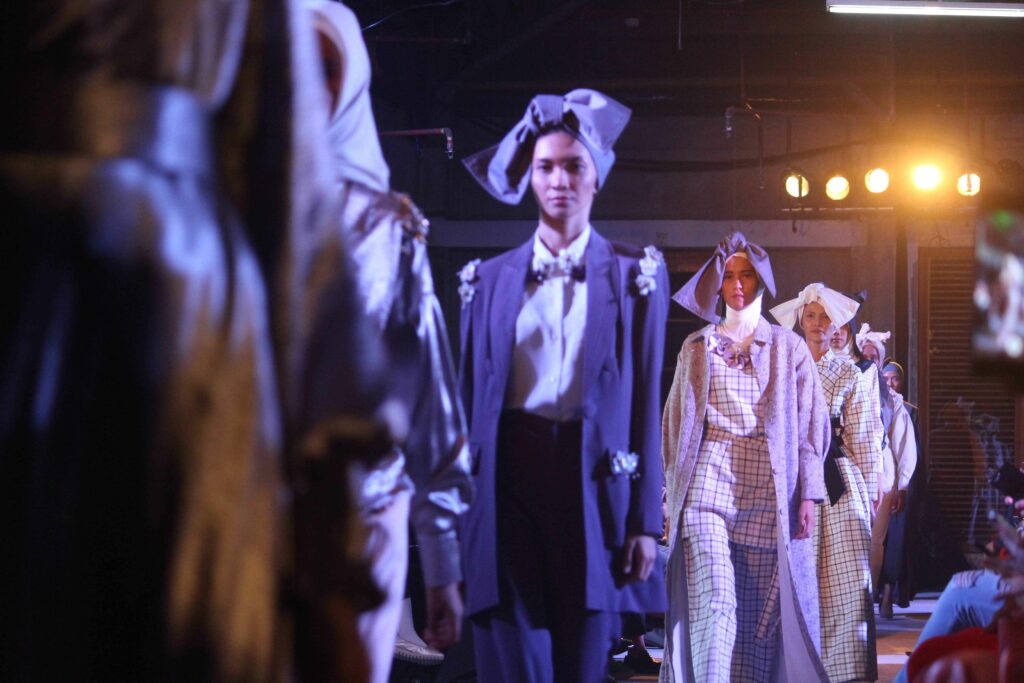
Product design – AI on the runway
What will be the ultimate fashion detail that all fashionistas will wear next year? Many designers would dream of having such a crystal ball. Paris-based startup Heuritech is already collaborating with leading brands such as Louis Vuitton, Dior, and Adidas to help them capture early signals from fashion influencers and consumers. Using the power of AI and data to scan millions of social media images, the company provides a trend forecasting platform enabling brands to predict demand and trends more accurately, controlling their product launches and inventories.
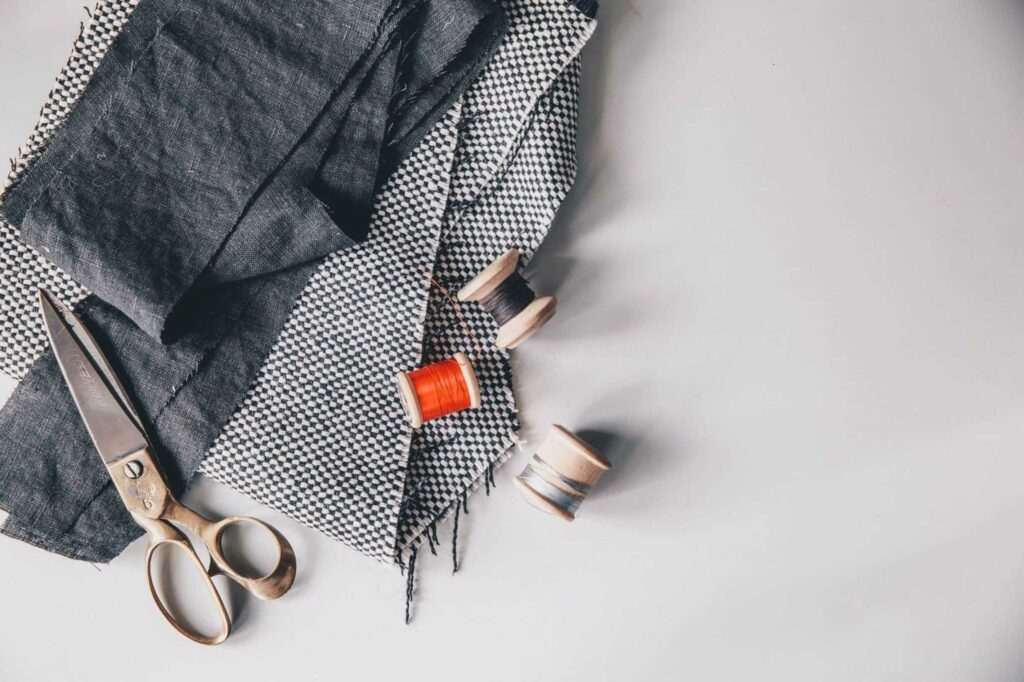
Made-to-order: tailor-made clothes for everyone?
Fashion is known as one of the most resource-intensive industries in the world. Sustainability, as well as personalization are becoming unavoidable trends for fashion brands. Hong Kong-headquartered startup Unspun is ticking these two boxes. They create custom-fitted jeans using 3D scanning and robotics technology, collaborating with major industry players such as H&M. Customers can get a 3D scan of their body —using a phone app or an in-person Fit3D body scanner in Unspun facilities to generate their virtual customer avatar with 100,000 data points. Then, they select their desired fabric made from organic and recycled materials before Unspun uses their weaving technology, which reduces off-cut waste and delivers a unique pair of jeans.
Product discovery – Finding a needle in a haystack
While COVID has encouraged online shopping, consumers are often flooded with inspiration from social media, and might struggle to find their dream product among the overabundant online offering. Syte’s platform offers brands a first-of-its-kind product discovery platform; powered by visual AI (camera search), NLP (natural language processing), and hyper-personalization engines, claiming an average increase of 177% in the conversion rate of its clients. For instance, shoppers can upload their latest Instagram screenshots to find the closest matching product on the brand website.
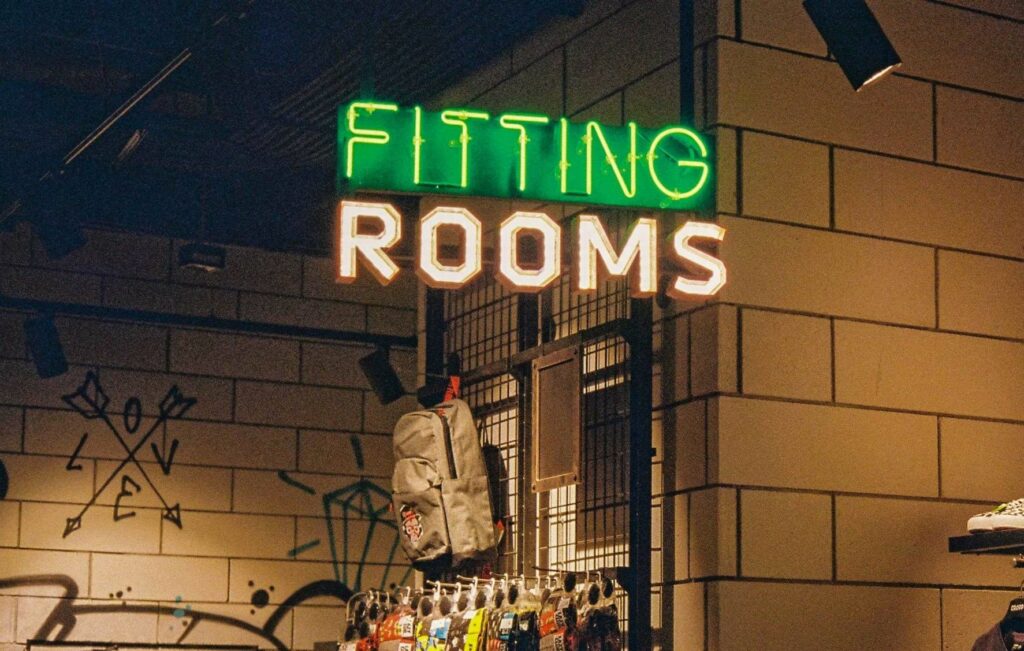
Size recommendation engines – The end of fitting rooms?
With the increase in online shopping and ‘free shipping and returns’ offers, brands are consequently facing the need to minimize user returns while limiting overproduction and waste.
To improve the accuracy of original purchases, especially regarding fit, companies such as Truefit or ZyseMe are helping brands leverage their consumer data. They enable them to improve and personalize their customer’s shopping experience by guiding consumers to the products that best fit their needs and recommending the best size for them. Some brands have developed these capabilities in-house, such as Nike with Nike Fit, an app scanning shoppers’ foot to find their perfect pair of shoes.
AR and VR solutions – Replacing or augmenting in-store experience
Augmented and virtual reality solutions for retailers have improved tremendously over the last decade. While the first pilots looked like low-tech video games, they now enable brands to offer new experiences to their consumers. The startup Obsess, which has collaborated with Dior, Diesel and Coach, enables a 360-degree VR reconstitution of flagship stores on their websites, and offers consumers a 3D e-commerce experience at home or in-store to visualize or compare products, thanks to AR. To revolutionize the in-store consumer experience, MemoMi has developed the Memory Mirror®, an augmented mirror enabling customers to try products virtually and get recommendations based on profile, style, and preference.
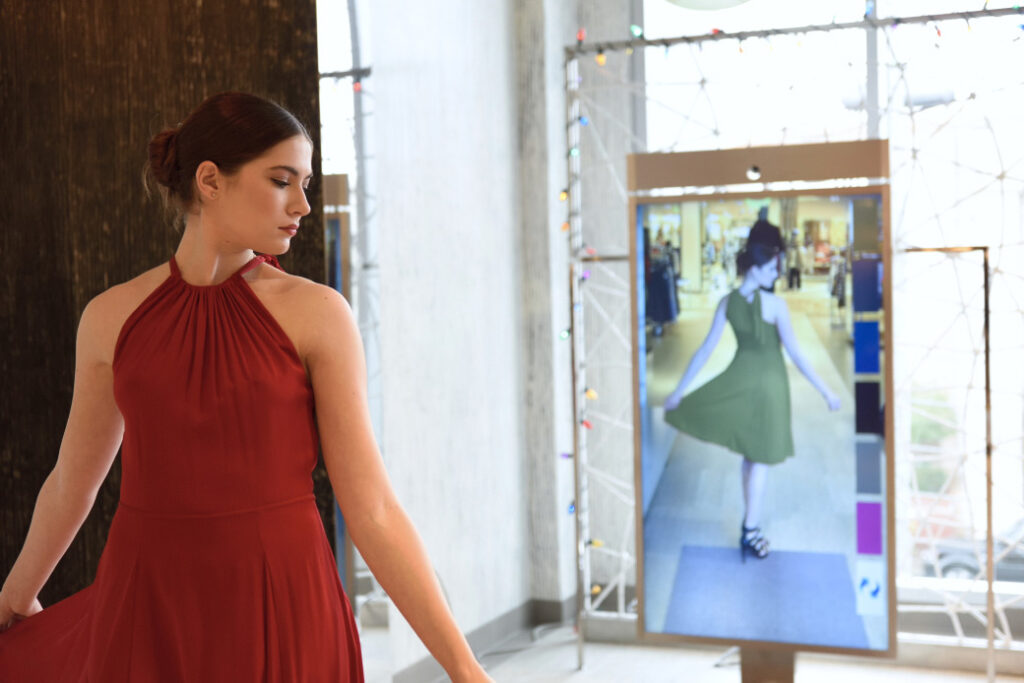
Supply chain – Tracing products origin and fighting counterfeiting
Following the global Fashion Revolution movement (#whomademyclothes), it has become more and more important for brands to improve their transparency efforts.
Apps such as Clear Fashion provide consumers with a brand’s rating on criteria including environmental impact, working conditions, animal welfare, etc. Increasingly boosted by blockchain technology, these kinds of solutions improve the traceability of products from fiber to fabric, and empowers consumers to make more conscious and informed decisions.
Sweden-based TrusTrace provides traceability and sustainability solutions based on AI, Blockchain and IoT, to automate data collection from suppliers and help brands and customers understand the ’true cost of a product’. Similarly, the Provenance platform uses blockchain certificates to verify where a product comes from and enables brands to highlight their sustainability efforts through stories for their consumers.
Needing to know a products’ origins also applies to the luxury industry, as it is increasingly undermined (in terms of revenue and image) by counterfeiting. Startup Entrupy, for example, uses artificial intelligence and machine learning algorithms to authenticate products, while the French company Cypheme attaches a unique tag to each product: a simple picture makes it possible to recognize this identifier with certainty and confidence.
Among supply chain innovations: protecting the planet while limiting costs for brands is Returnity. The startup creates custom-designed reusable packaging for e-commerce (bags and boxes guaranteed for more than 40 shipments) using recycled and reusable fabrics.
New consumption models: from clothing-as-a-service to secondary markets
When it comes to new consumption patterns, it is impossible to overlook consumers’ interest in the $40 billion worldwide secondhand fashion market, and its main players Vinted or Vestiaire Collective. To enable brands to benefit from this trend and keep their customers engaged, Reflaunt offers brands an intuitive platform to connect to secondhand marketplaces. This enables shoppers to resale past purchases on the brand’s website and earn shopping credits.
Interestingly, the growth of the online clothing rental market, which could reach $1.9 billion by the end of 2023, is being watched by retailers. Startups such as the Berlin-based RE-NT, the American CaaStle, or the French Lizee, provide brands with white label e-commerce and logistics solutions to easily set up their clothing rental platforms.
The list of new fashion tech players obviously doesn’t stop here. This is only a small sample of what’s out there!

